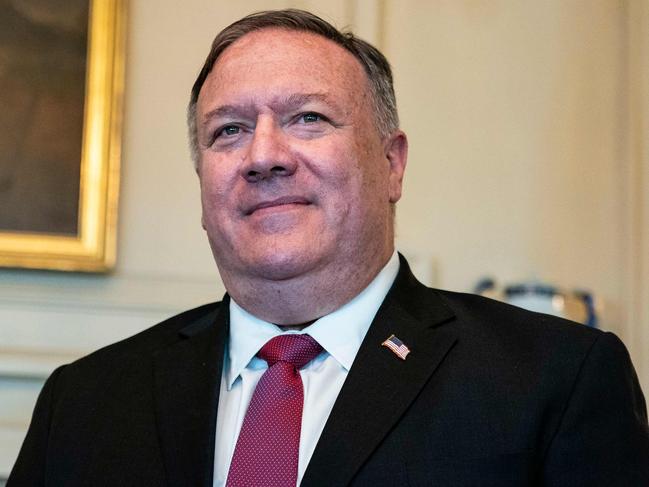
The Australian government is no longer sitting on the fence. It has taken the moral high ground by siding with the leader of the free world. However, without sufficient military preparation or a geopolitical strategy that establishes new alliances and trade diversification, our capacity to survive a protracted cold war with China is limited.
The rise of China would be less concerning if it were a free nation pursuing enlightened self-interest. But under President Xi Jinping the CCP has become a menace to the international community. Pompeo belled the dragon last week when he called for a new alliance of democracies to counter CCP hegemony, especially in the Indo-Pacific. He presented it as a defining generational moment: “Securing our freedoms from the Chinese Communist Party is the mission of our time and America is perfectly positioned to lead it.”
Pompeo’s speech captured the zeitgeist of a new era in international relations. It marks a paradigm shift in US foreign policy from detente with communist China to conservative realism.
Ahead of high-level talks in Washington late on Tuesday night (AEST), our government made official its position on CCP aggression. In a declaration filed at the UN last Friday, Australia rejected China’s territorial claims in the South China Sea. Under the UN Convention on the Law of the Sea, CCP claims to sovereign rights over the Paracel and Spratly islands are invalid. China’s creation of man-made islands did not change the legal status of its claims under the convention, the Australian government said.
The CCP responded in a predictable manner by threatening Australia and claiming it was a puppet of the US. But Australia-China relations have been souring for some time and the government has had enough.
The case against the CCP is growing and Australia is taking a lead role in marshalling the evidence. Scott Morrison has made standing up to CCP bullies something of a pastime. In 2018 he publicly rebuked the communist state for cyber attacks on Australian companies and universities that were aimed at stealing intellectual property and commercial secrets.
Last week, two alleged Chinese hackers working for the CCP were charged with a protracted hacking campaign targeting countries in the West as well as South Korea.
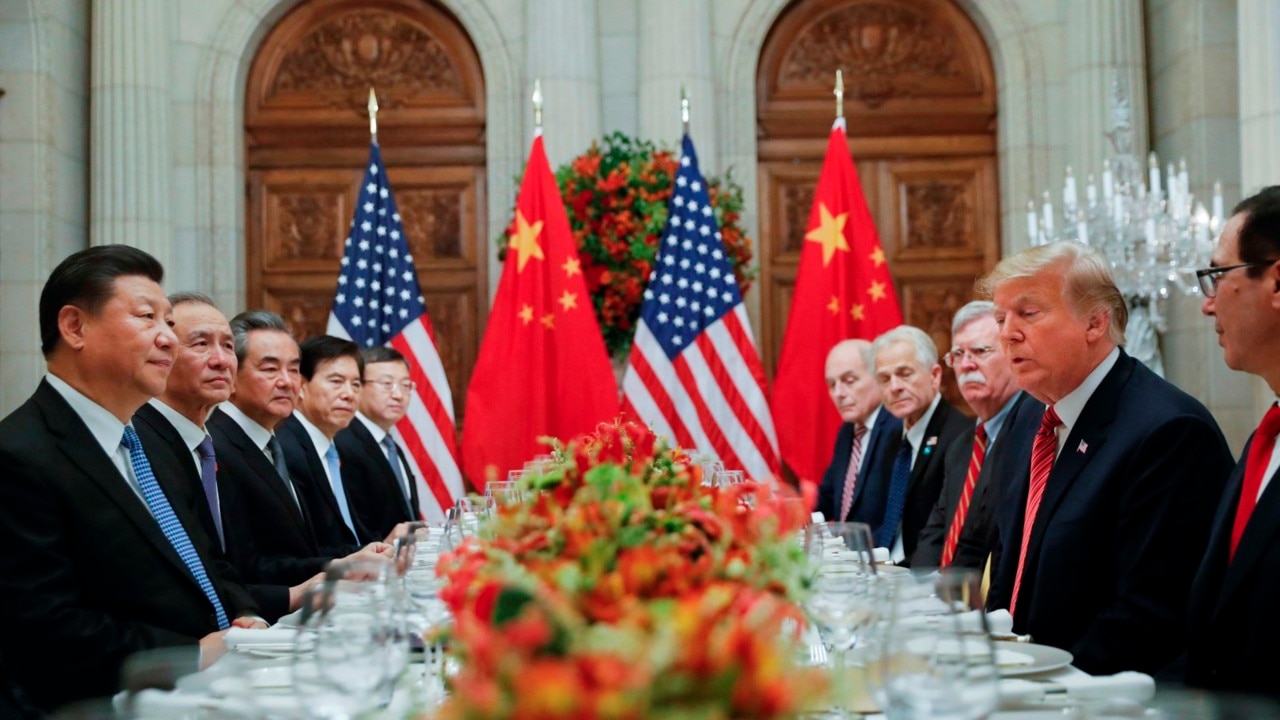
The alleged hackers, Li Xiaoyu and Dong Jiazhi, were said to have targeted COVID-19 research and political dissidents in the West, Hong Kong and China. After charges were laid, the US government closed the Chinese consulate in Houston amid concern it was involved in espionage. The CCP retaliated by demanding closure of the US consulate in Chengdu.
The Prime Minister is not quick to temper but, once engaged in a fight, he stays the course. He has taken unprecedented measures to counter the CCP’s expansionist ambitions in the Asia-Pacific. He has rebuked it for threatening smaller nations. He challenged China’s developing nation status, which the CCP uses to extract aid money from the West that could be given to assist genuinely poor countries. His government stands firm in its opposition to Huawei and the Belt and Road Initiative. He strode out ahead of the pack to demand an independent inquiry into the origins of COVID-19. Now his government has declared at the UN it does not recognise CCP maritime or territorial claims in the South China Sea.
The mask of Chinese diplomacy conceals a government besieged by its inadequacy. Dissatisfaction with Xi has grown into resentment as people grapple with the economic and human losses incurred by the CCP’s mishandling of the pandemic. The optimism about China’s economic growth translating into a more liberal political arrangement now seems quaint.
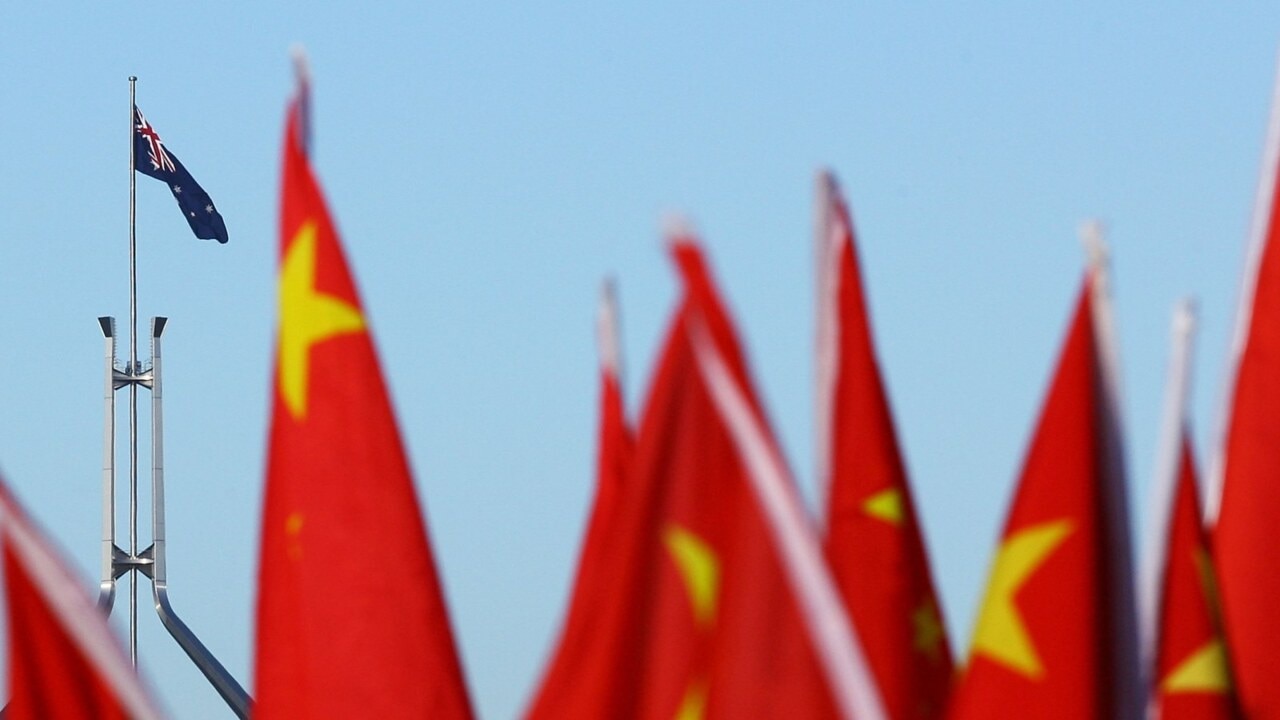
Remaining hopes that a coalition of developing nations could make political liberty from economic progress is all but gone. China is enlarging its sphere of influence by creating alliances around fear of a common enemy, and that enemy is the West.
It is worth recalling how rapidly relations with China have deteriorated and what risks a hardening of battlelines may exacerbate. In 2014, the Australia-China free trade deal marked a watershed moment in bilateral relations. Tony Abbott, then prime minister, secured a pact to ensure Australia would benefit from China’s rapid industrialisation and booming middle class. We had the natural resources our neighbour needed to support its economic growth.
The mining industry and farmers stood to reap significant benefits. Beef producers anticipated an $11bn windfall from the deal. In a congenial tone, Xi welcomed the pact and promised China would embark on “peaceful development” with Australia and other nations. We had nothing to fear and everything to gain.
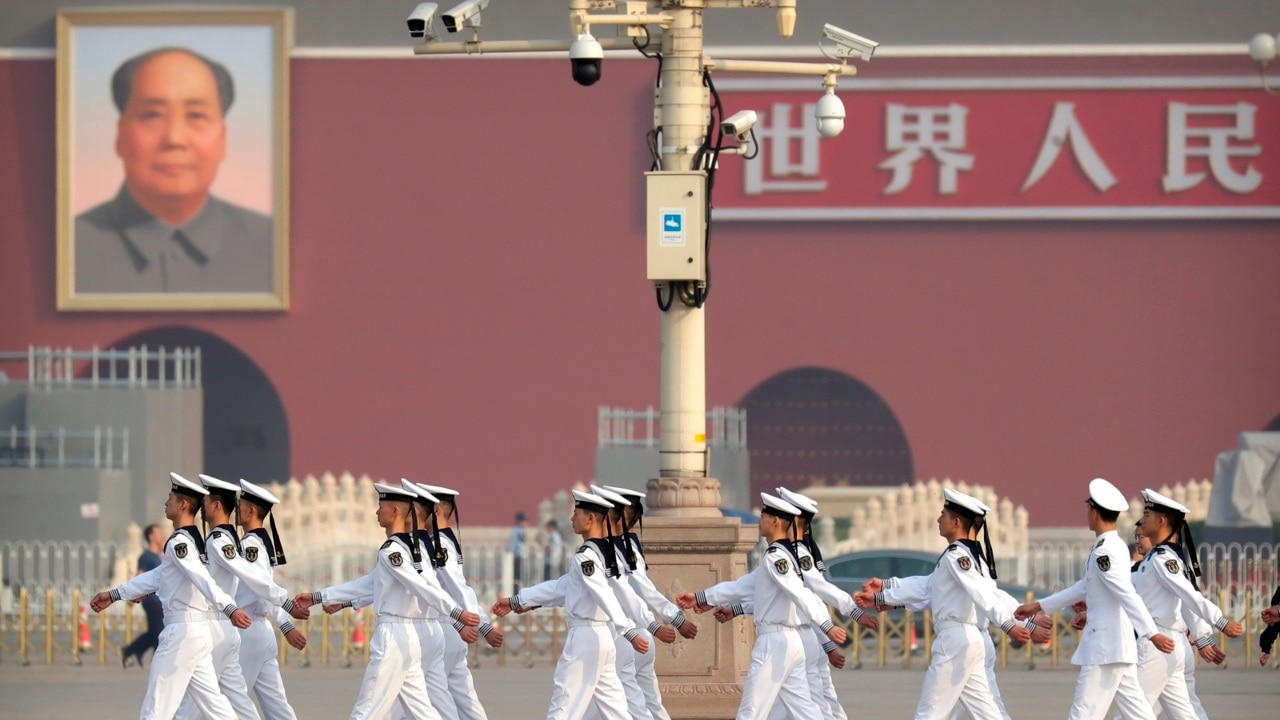
How quickly relations soured. Last year Abbott offered wise counsel, saying Australia should respond to the CCP’s growing belligerence by diversifying trade, especially with India. On this page on Tuesday he urged Australians to take a long view when considering relations with China. We should consider how history could turn against us if China shifted its resource dependence on the West to countries with a history of corruption and illiberal rule.
For years, leading members of the People’s Liberation Army have prophesied a new world order with China on top. The quest for political power is an inevitable outcome of economic independence. China’s rapid industrialisation set the scene for its political ambition. But the CCP harbours an enemy-centred world view, with global ambitions to displace the US as the leading superpower and end Pax Americana. If the US goes down, the free world goes with it. Not on our watch. We must stand tall and fight for freedom.


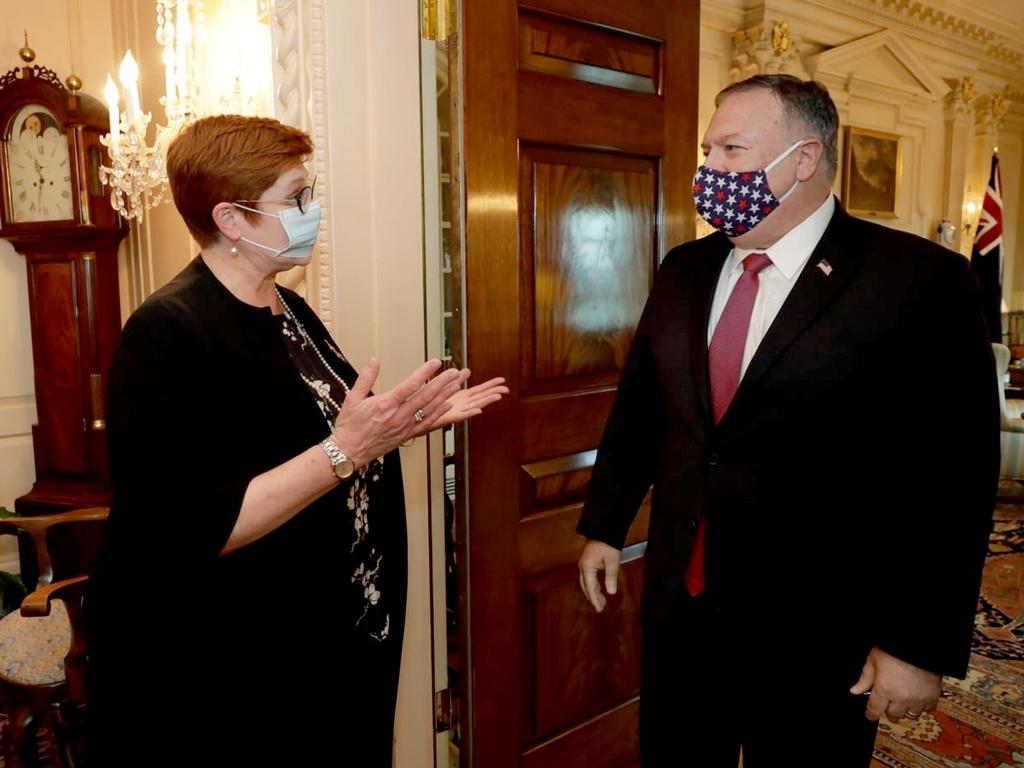
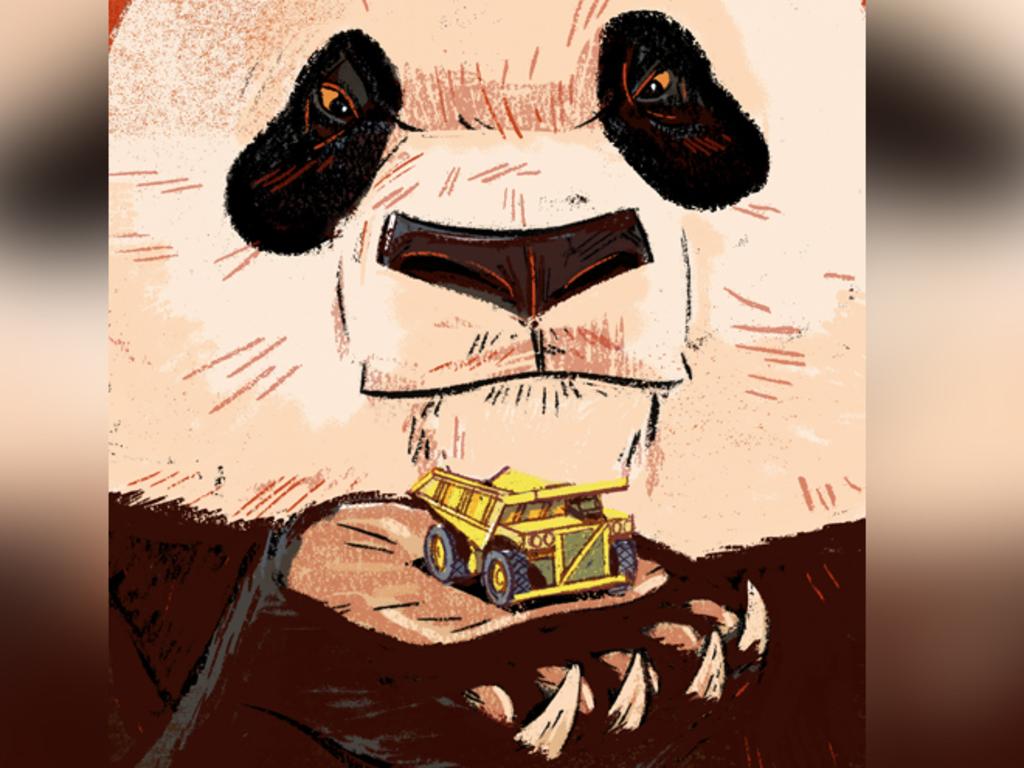
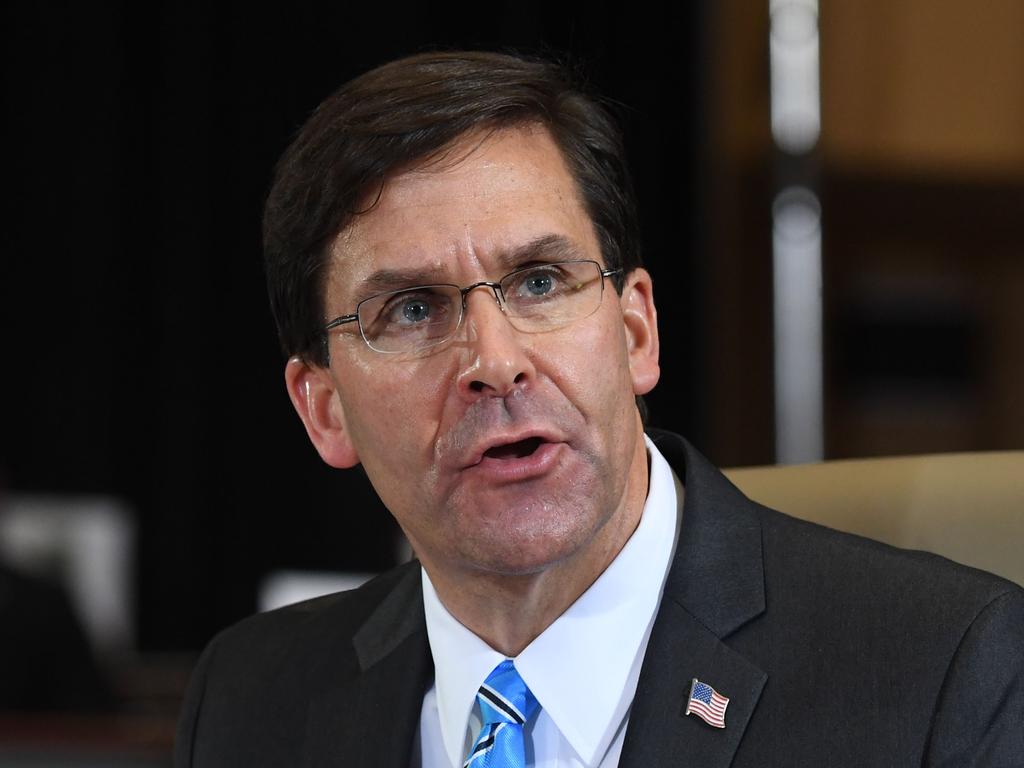
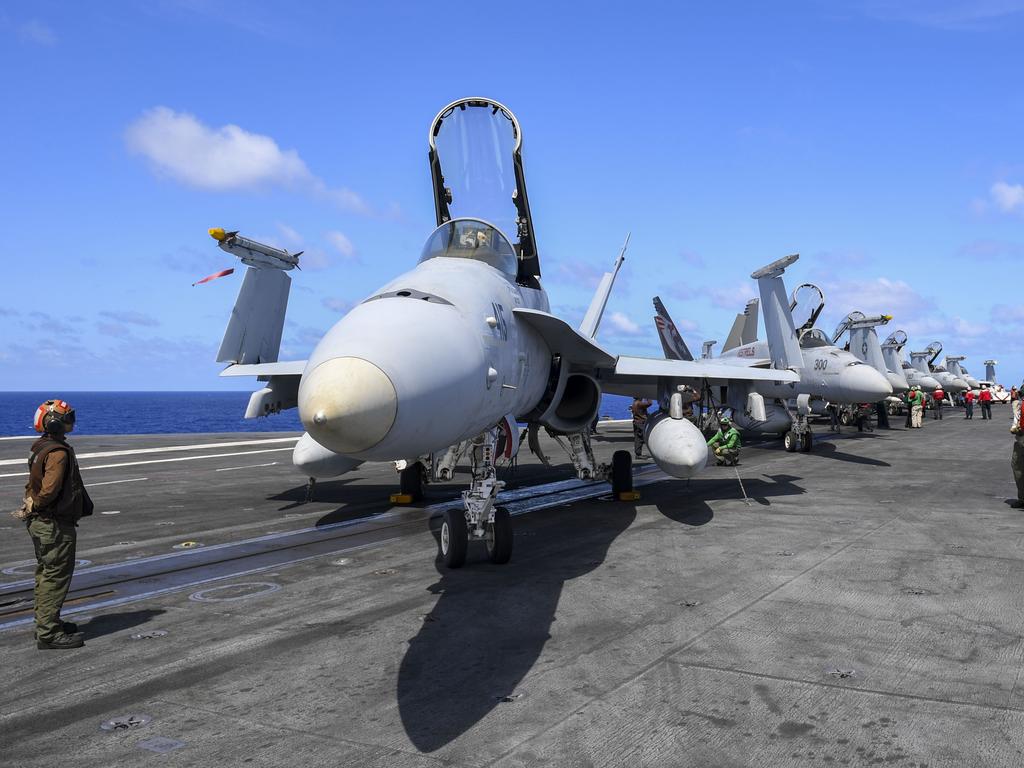


Escalating hostilities between China and the US are reaching a point of no return. US Secretary of State Mike Pompeo has delivered his most damning indictment of the Chinese Communist Party to date. Rumination about war developing between the two nations has been superseded by concern over whether the US is prepared to defend itself as well as allied states should relations deteriorate.